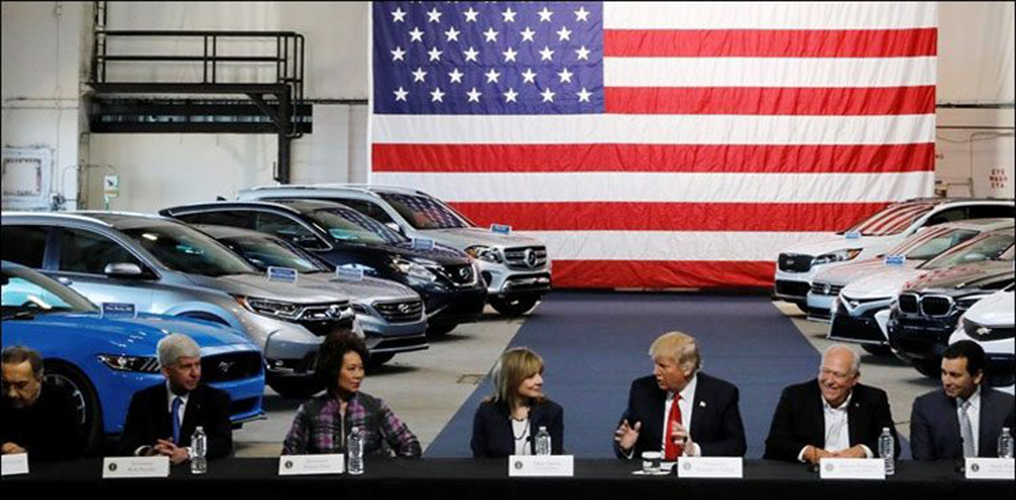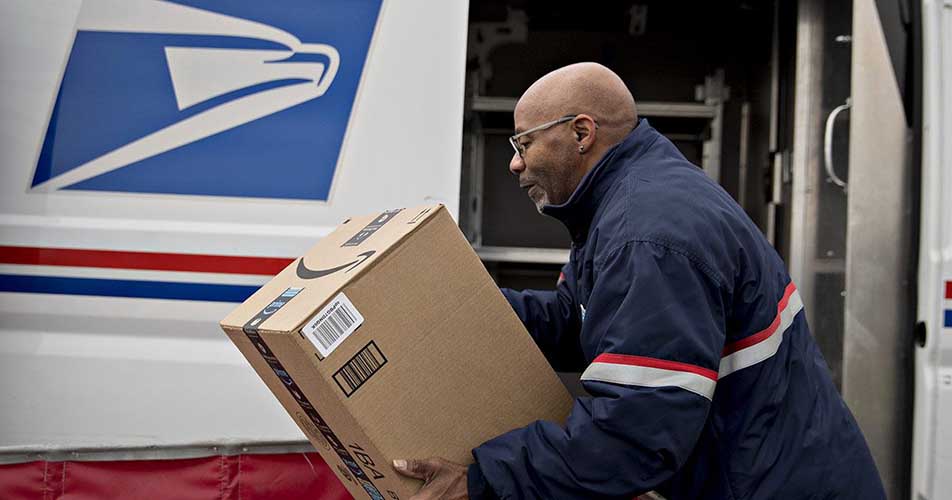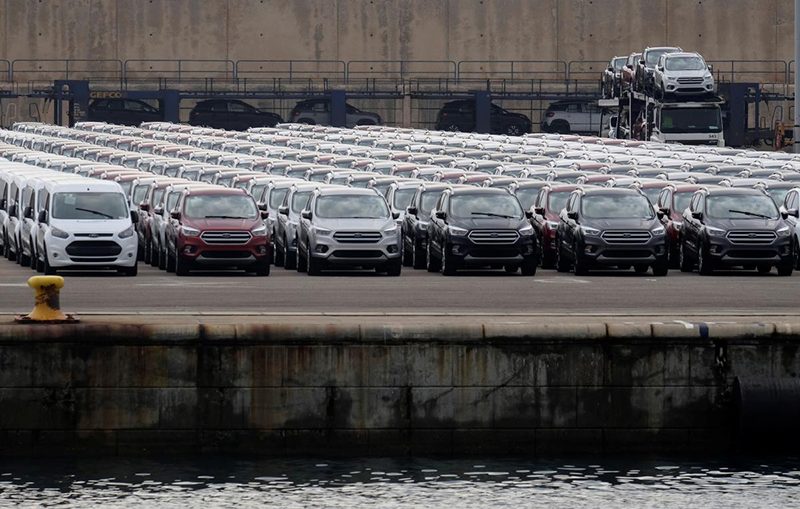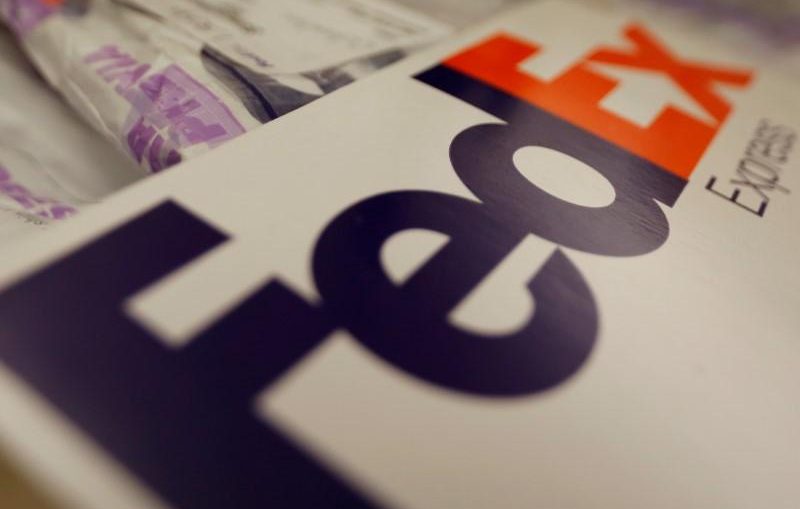A coalition representing major foreign automakers in U.S Two major auto trade groups on Wednesday warned the Trump administration that imposing up to 25 percent tariffs on imported vehicles would cost hundreds of thousands of auto jobs, dramatically hike prices on vehicles and threaten industry spending on self-driving cars. A coalition representing
Regulation
Uber granted short-term licence to operate in London
Harley-Davidson to make more motorcycles outside the US
Harley-Davidson plans to shift some motorcycle production away from the US to avoid the "substantial" burden of European Union tariffs. Last week, the EU imposed retaliatory tariffs on US goods, including bourbon, orange juice and motorcycles. The measures are a response to new US duties on steel and aluminium imports. Wisconsin-based Harley-Davidson said
Uber told London court ‘we needed to change’ in licence appeal
Taxi app firm Uber has told a court it accepted its London operating licence should not have been renewed last year over safety concerns but says there has been "wholesale change" since then. Westminster Magistrates' Court is considering if Uber is "fit and proper" to hold a licence in the capital. Last
NCAA defends figures on 2017 air passenger traffic, revenues
The Nigerian Civil Aviation Authority (NCAA) has reaffirmed the veracity of the recently released 2017 statistical data on the aviation industry on passenger traffic and revenues earned by both domestic and international airlines. In a recent presentation at the Aviation Round Table (ART) breakfast forum in Lagos, the regulatory authority said
Trump pushing private USPS, Air Traffic Control
A sweeping Office of Management and Budget report proposes converting the Postal Service into a privately held corporation and spinning off air traffic control functions from the FAA. United States' President Donald Trump is looking to privatize the United States Postal Service despite ongoing stakeholders meetings with the White House Postal
Trump greets EU trade reprisals with threat of steep auto tariff
President Donald Trump on Friday threatened to escalate a trade war with Europe by imposing a 20 percent tariff on all U.S. imports of European Union-assembled cars. Trump posted his threat on Twitter the day European Union reprisals took effect against U.S. tariffs on European steel and aluminum. The EU targeted
Egypt increases fuel prices, as part of austerity measures
Egypt announced Saturday steep increases in fuel and cooking gas prices as part of the country’s economic reforms and austerity measures designed to overhaul the country’s ailing economy. The new prices went into effect Saturday morning, the Ministry of Oil said in a statement. Prices for cooking gas increased from 60 to
FedEx calls U.S. tariffs on Chinese goods ‘counterproductive’
A package of the FedEx courier delivery services company is pictured in this June 8, 2017 illustration photo. REUTERS/Carlos Jasso/Illustration Global delivery company FedEx Corp said on Friday that U.S. tariffs on Chinese goods will raise prices for American businesses and consumers and are “counterproductive to U.S. economic interests,” according to a
Nigerians Buying Petrol at 41.3% Less of Actual Cost – Government
The actual price of Premium Motor Spirit, PMS, also known as petrol, climbed to N205 per litre, according to documents obtained from the Petroleum Products Pricing Regulatory Agency (PPPRA), Vanguard newspaper reported According to the documents from the PPPRA, the price of the commodity appreciated by 8.47 percent from N189 per










